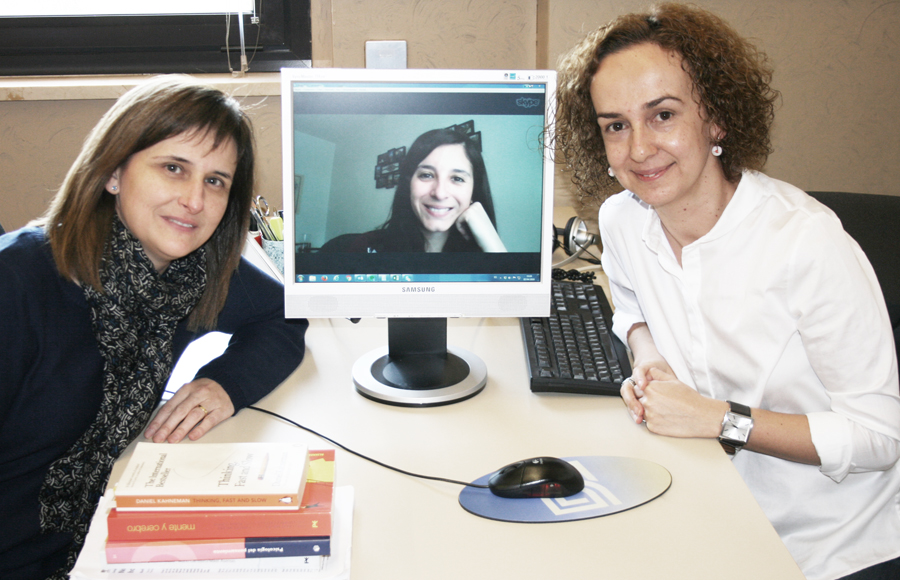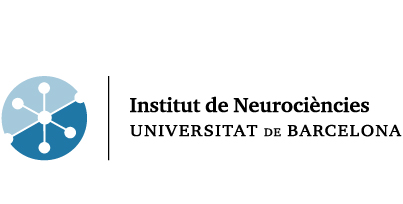
MARÍA ISABEL NÚÑEZ-PEÑA
Position: Associate Professor
Contact details
Dr. María Isabel Núñez-Peña
Social Psychology and Quantitative Psychology
Faculty of Psychology, Pg. Vall d’Hebron, 171
08035 Barcelona (Spain)
+34 93 3125072
inunez (at) ub.edu
Research Interests
Our main interest is to study the cognitive mechanisms involved in the processing of numerical information by recording electrophysiological and behavioral measures. Our work has two lines of research. First, we study the calculation strategies used to solve arithmetic problems, focusing on the factors that may determine their selection and their efficiency – for example, problem size, type of arithmetic operation, or math ability. Second, we aim to gain a fuller understanding of the difficulties that high math-anxious individuals face when solving numerical problems. Mathematics anxiety is defined as a feeling of tension, apprehension and even fear, ranging from mild discomfort to extreme avoidance, which interferes with the ordinary manipulation of numbers and the solving of math problems. This is a topic of increasing interest, given the high prevalence of math anxiety in society and the clearly demonstrated relationship between math anxiety and low proficiency in mathematics. We have found that high math-anxious individuals are characterized by deficits in their attentional control and in their mental representation of numerical magnitude, and by abnormal error responses in tasks involving numbers. The aim of our current project is to study whether math anxiety is associated with a deficit in spatial processing, and, if so, whether this deficit may play a role in explaining the relationship between math anxiety and low math ability. Understanding the differences in cognitive processing between high and low math-anxious individuals would help to guide the design of possible interventions for reducing the negative impact of math anxiety on the performance of the individuals who suffer from it.
Current Research Lines
- Math anxiety: The role of spatial processing ability
- Math anxiety and numerical processing difficulties
- Cognitive processing during arithmetic calculation
Technologies / methods
- Electroencephalography (EEG).
Highlighted publications
· Suárez-Pellicioni, M., Núñez-Peña, M.I. & Colomé, A. (2016). Math anxiety: A review on its cognitive consequences, psychophysiological correlates and brain bases. Cognitive, Affective and Behavioral Neuroscience, 16(1), 3-22.
· Núñez-Peña, M.I. & Suárez-Pellicioni, M. (2015). Processing of multi-digit additions in low- and high-math anxious individuals: Psychophysiological evidence. Frontiers in Psychology, 6, 1268.
· Núñez-Peña, M.I. & Suárez-Pellicioni, M. (2014). Less precise representation of numerical magnitude in high math anxious individuals: An ERP study of the size and distance effects. Biological Psychology, 103, 176-183.
· Suárez-Pellicioni, M., Núñez-Peña, M.I. & Colomé, A. (2014). Reactive recruitment of attentional control in math anxiety: an ERP study of the numerical conflict monitoring and adaptation. PLoS ONE, 9(6), e99579.
· Suárez-Pellicioni, M., Núñez-Peña, M.I., & Colomé, A. (2013). Abnormal error monitoring in math anxious individuals: Evidence from error-related brain potentials. PLoS ONE, 8 (11), e81143.



